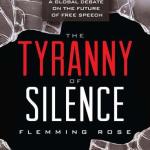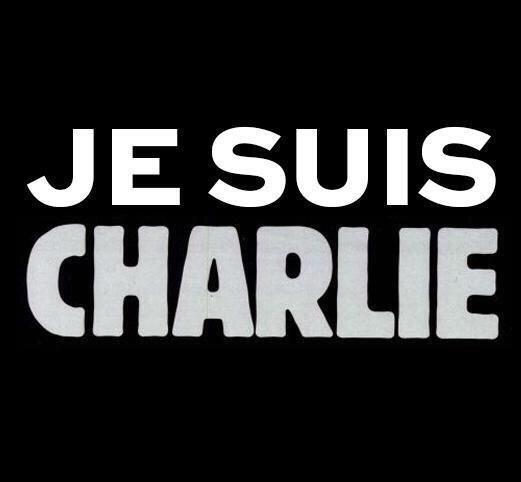Had there been any doubt that the freedom of speech and expression of the West is under siege from violent Islamism, it ended in the scene at Paris satirical magazine Charlie-Hebdo, assaulted by Islamist gunmen in a siege that has left twelve dead. Early reports indicate careful planning: the attack took place during a morning staff meeting at which top talent had gathered, and the murderers are said to have been equipped with a list of artists whose work they deemed disrespectful of Islam. At least four leading French cartoonists were killed.
It is one of the darkest days of the new century so far for the cause of free expression. But it is far from an unexpected day. The portents have been building for years: in the way the Danish Jyllands-Posten cartoonists, like author Salman Rushdie before them, had to go into hiding over supposed blasphemy; in the 2011 firebombing of Charlie-Hebdo, covered by the Weekly Standard here; in the way the French government had repeatedly pressured Charlie-Hebdo not to, well, go so far in giving offense [The Guardian]. Even after today’s events, many Western broadcasters and publishers continue to pixilate or blur out the Charlie-Hebdo images — not the images of slaughter in Paris streets, but mere cartoon images of men in Middle Eastern garb.
And yes, fear has shaped the actions of publishers in the United States too. Where Charlie-Hebdo was courageous on the Mohammed cartoons, Yale University Press was oh so craven, as the late Christopher Hitchens pointed out in Slate [more: Guardian; note also the history of the online, mostly U.S.-originated “Everybody Draw Mohammed Day“]

In a new Cato Institute book entitled The Tyranny of Silence: How One Cartoon Ignited a Global Debate on the Future of Free Speech, discussed at more length by Kat Murti at Cato at Liberty, Danish journalist Flemming Rose, who was at the center of the Motoons controversy, traces the grim aftermath of that controversy in the self-silencing of Western opinion. [more coverage here, as well as a Law and Liberty podcast]
The danger now is not that there will be no outpouring of solidarity and grief and indignation in coming days, in France and around the West. Of course there will. The danger is that after the Charlie-Hebdo story passes from the headlines and other stories take its place, writers and publishers and artists and thinkers in the West will adjust to a new reality of fear, stifling the output of their minds and pens and keyboards for fear of giving provocation. If they don’t adjust, there are legal, insurance, and risk advisors at publications and universities who will be willing to do it for them.
And maybe lawmakers as well. Already, blasphemy laws are back on the march in Europe, after many years in which it was assumed they were a relic of the past. They must go no further. The best way to show resolution is to remove, not add, legal penalties for speech that offends (some) religious sensibilities.
From journalist David Jack on Twitter:
It would go some way as a tribute to those killed at #CharlieHebdo if papers in every democracy published this Thurs pic.twitter.com/CyqwWWWgJh
— David Jack (@DJack_Journo) January 7, 2015
A comment of mine, also on Twitter:
If (like me) you teased #KirbyDelauter, step up your free-speech game and print a #CharlieHebdo image unblurred. pic.twitter.com/t2dbSOZpyn
— Walter Olson (@walterolson) January 7, 2015

